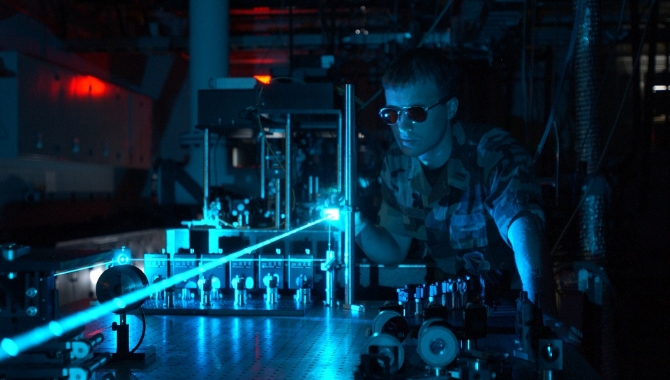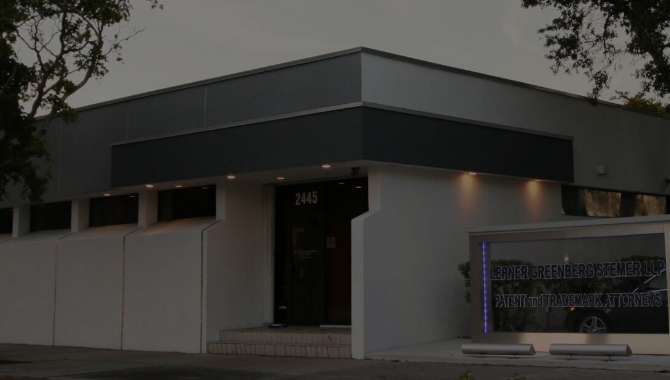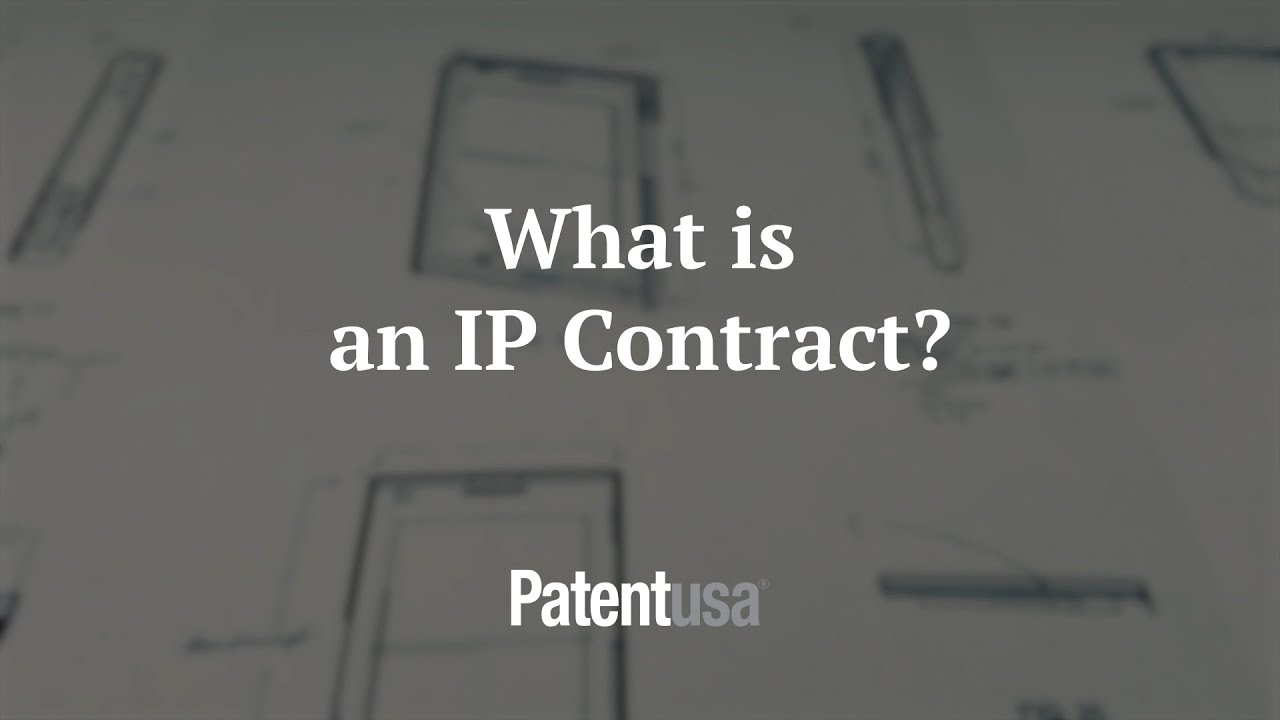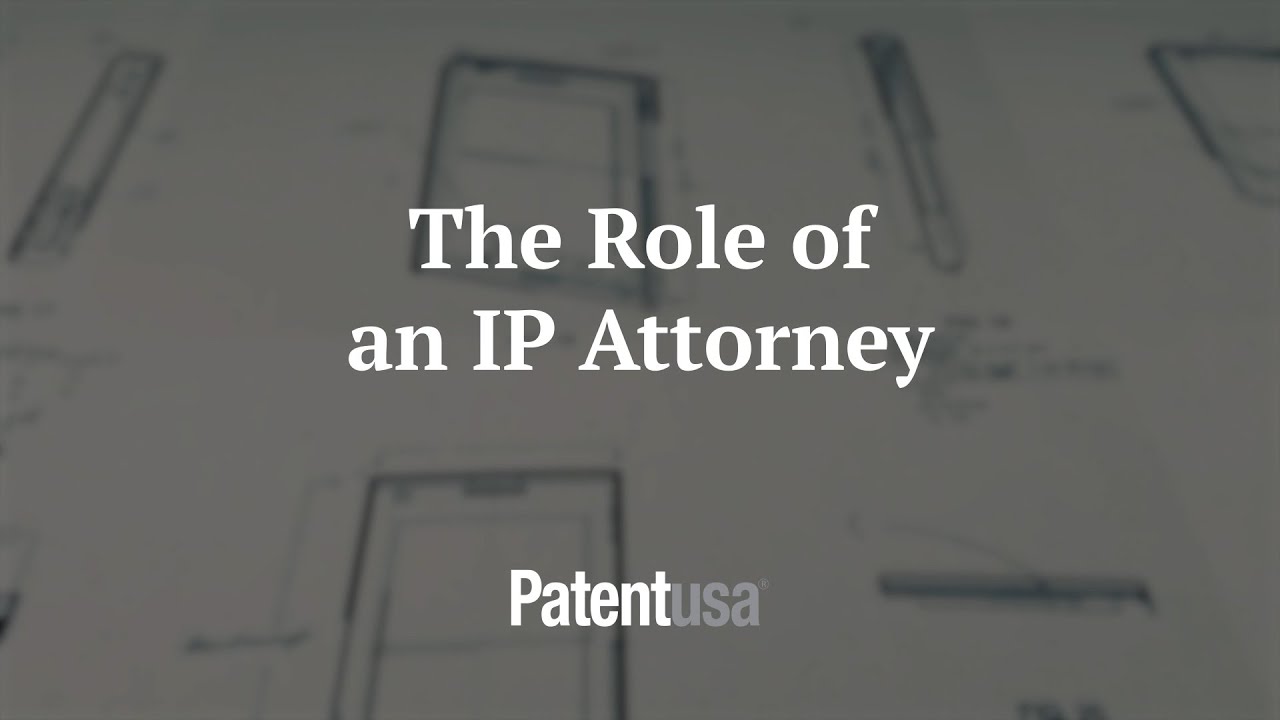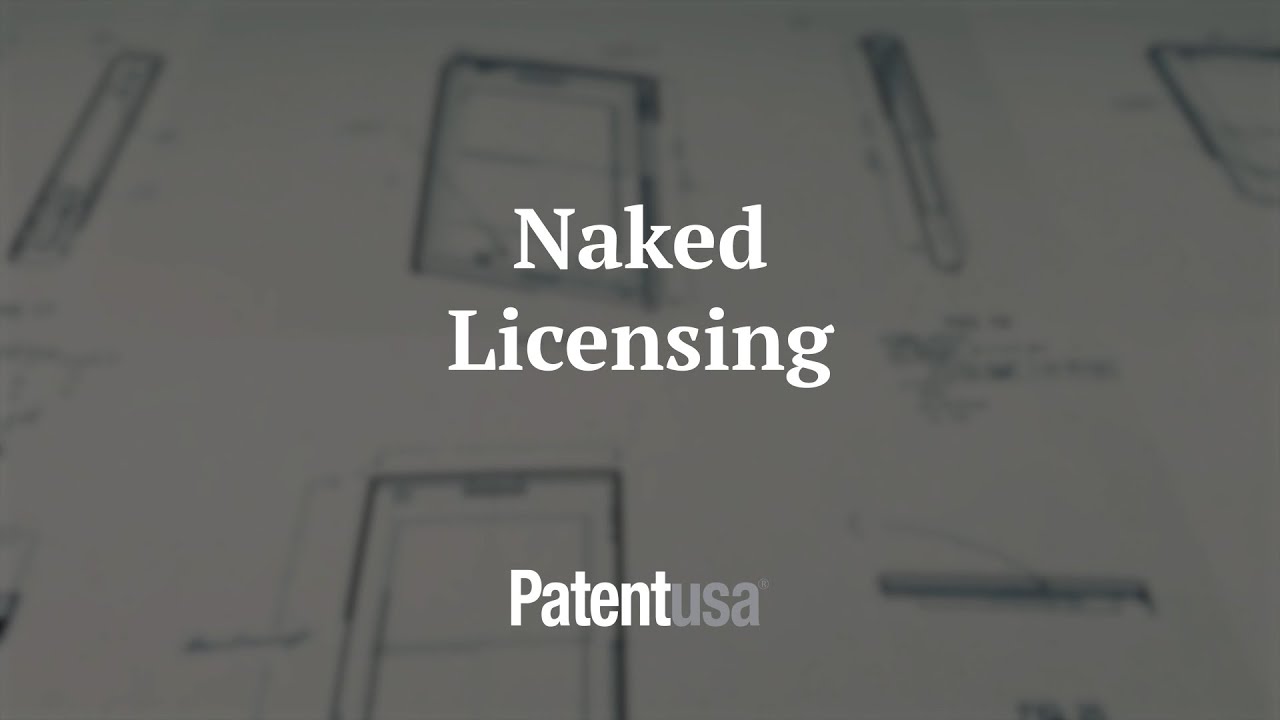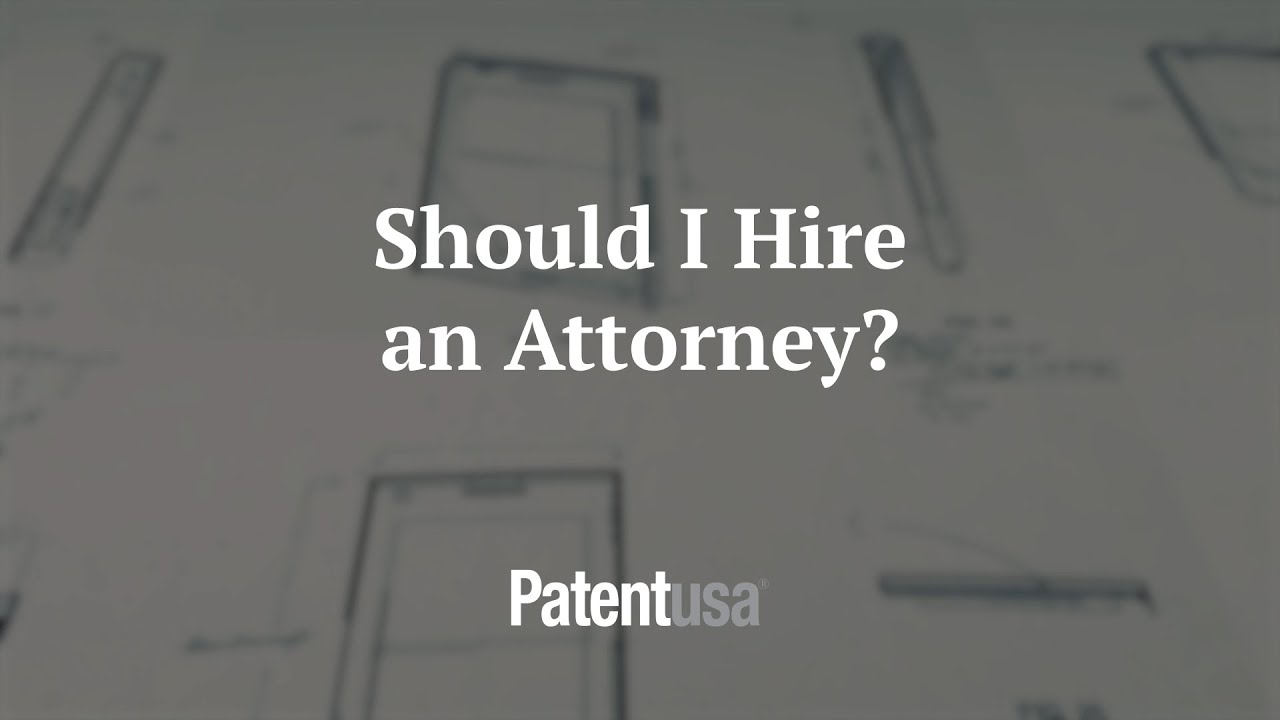General and Applied Physics
At Lerner Greenberg Stemer, our intellectual property attorneys combine their deep legal expertise with a solid understanding of general and applied physics. This interdisciplinary approach is not just beneficial; it’s essential for protecting innovations in today’s technologically advanced world.
Why Knowledge of Physics Matters for IP Attorneys
Physics is at the heart of countless modern innovations—from smartphones and nanotechnology to renewable energy systems and new materials. These advancements are based on principles of both general and applied physics, making it crucial for intellectual property attorneys to understand these principles to effectively protect and manage patents and other IP assets.
The Benefits of Physics Knowledge in IP Law
Enhanced Patent Protection:
An attorney who understands the scientific principles underlying an invention can craft clearer, more comprehensive patent applications. This ensures a higher level of protection against infringement and strengthens the patent’s defense in litigation.
Effective Communication with Clients:
Attorneys well-versed in physics can communicate more effectively with inventors, engineers, and scientists, ensuring that all technical aspects of the invention are thoroughly understood and accurately represented in legal documents.
Strategic Advantage in Litigation:
In patent litigation, having an attorney with a strong grasp of physics can provide a strategic advantage. They are better equipped to argue the technical points of a case and challenge or defend against claims of patent infringement.
Our Commitment at Lerner Greenberg Stemer:
Our team is dedicated to staying at the forefront of both legal and scientific education. We believe that a robust understanding of physics not only enriches our legal services but also adds immense value to the protections we offer our clients. Our attorneys are committed to ongoing education in both their legal specialties and relevant scientific fields, ensuring they are the best advocates in intellectual property law.
At Lerner Greenberg Stemer, protecting your innovative ideas and technologies with precision and expertise is our top priority. Trust us to secure your intellectual property, supported by our deep understanding of both the law and the science behind your inventions.
General and Applied Physics Videos
-
What is an IP Contract?
An inventor is someone who has taken part in either the concept or the reduction to practice that is the making of an invention. -
The Role of an IP Attorney
Well, there certainly is a lot of back and forth with the patent office, dealing with examiners. -
Keep Your Ideas Secret
With regard to confidentiality, one must understand that there’s no right to stop someone from copying your invention until your patent actually issues. -
Do You Have a Draftsmen?
And we have draftsmen that we work with, that we’ve worked with for many years. -
Naked Licensing
Another way of losing your mark is something called naked licensing. -
Should I Hire an Attorney
>Should I get my own registration or should I hire an attorney to do a registration? Well.
General and Applied Physics FAQ
IP litigation involves legal disputes over the enforcement of intellectual property rights, including copyrights, trademarks, patents, and trade secrets. It typically involves actions such as infringement claims, disputes over IP ownership, and breach of license agreements.
You should consider IP litigation when your intellectual property rights have been infringed upon, or if you need to defend yourself against accusations of infringement. It is important to consult with an IP attorney to assess your situation and determine the best legal strategy.
IP litigation generally includes several stages: initial assessment, pre-trial proceedings (including discovery and motions), trial, and possibly appeals. Each stage requires careful preparation and strategic decision-making.
The duration of IP litigation can vary widely depending on the complexity of the case, the jurisdiction, the amount of evidence, and the cooperation between parties. Cases can last from a few months to several years.
In an IP litigation case, you may recover damages for losses incurred due to the infringement, and possibly attorneys’ fees. In some cases, you may also seek injunctive relief to prevent further infringement.
Yes, most IP litigation cases are a matter of public record. However, the parties can sometimes agree to seal certain documents or negotiate confidential settlements.
A cease and desist letter is a document sent to an alleged infringer, warning them of their infringing activities and requesting cessation. It is often the first step in the litigation process before formal legal proceedings begin.
Yes, many IP litigation cases are settled out of court through negotiations between parties. Settlement can save time, reduce costs, and allow for more flexible solutions than those typically available through court verdicts.
An expert witness in IP litigation provides specialized knowledge relevant to the case, such as technical details about a patented invention or financial analysis for damage calculations. Their testimony can be crucial in proving or disputing key elements of the case.
Choosing the right attorney is crucial. Look for someone with specific experience in IP law and a track record of handling cases similar to yours. It’s also important to choose an attorney who understands your industry and has a strategy aligned with your business objectives.
